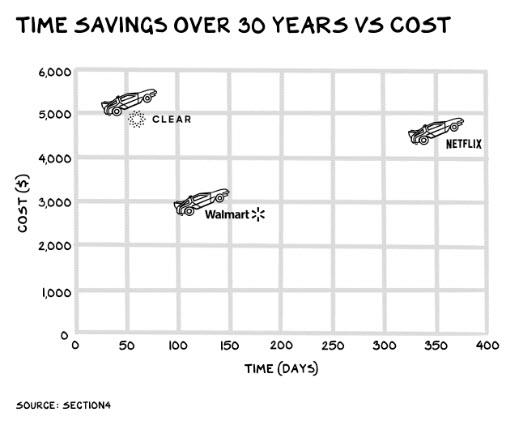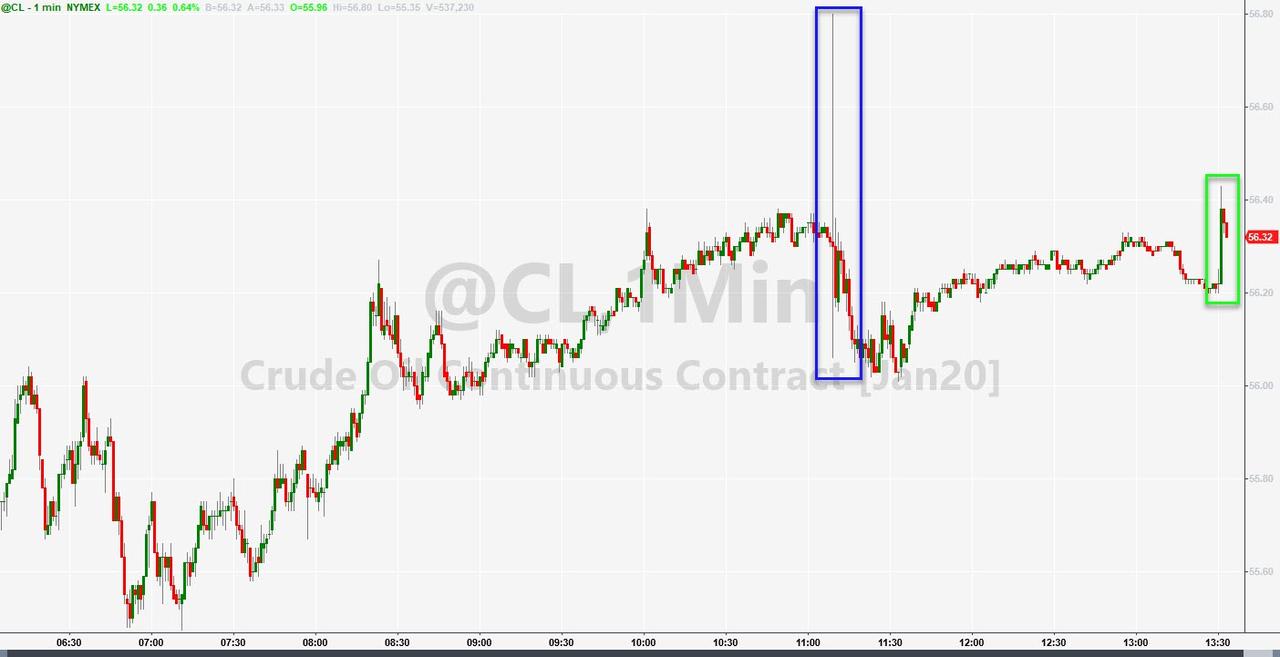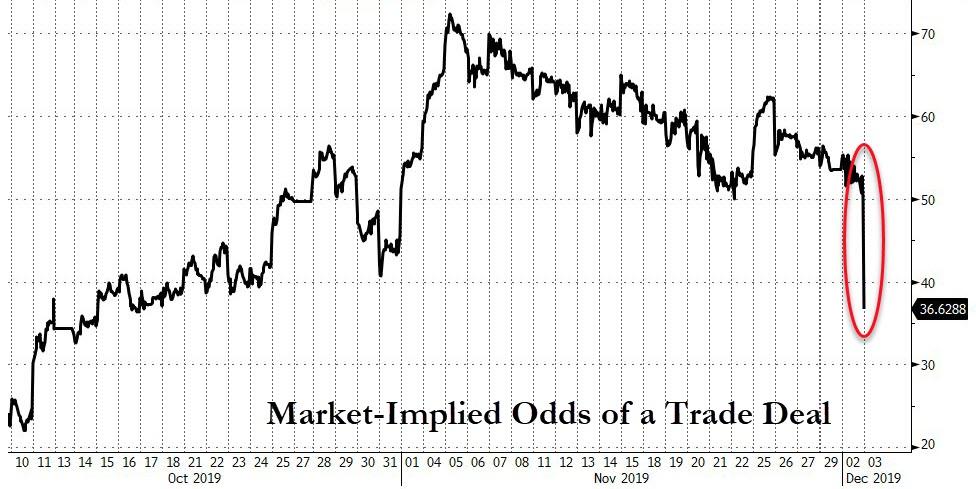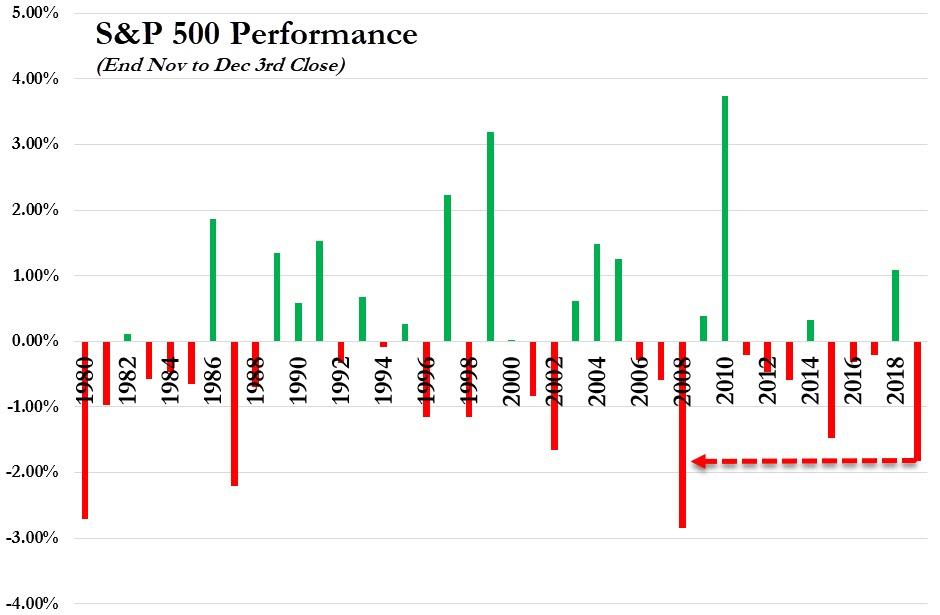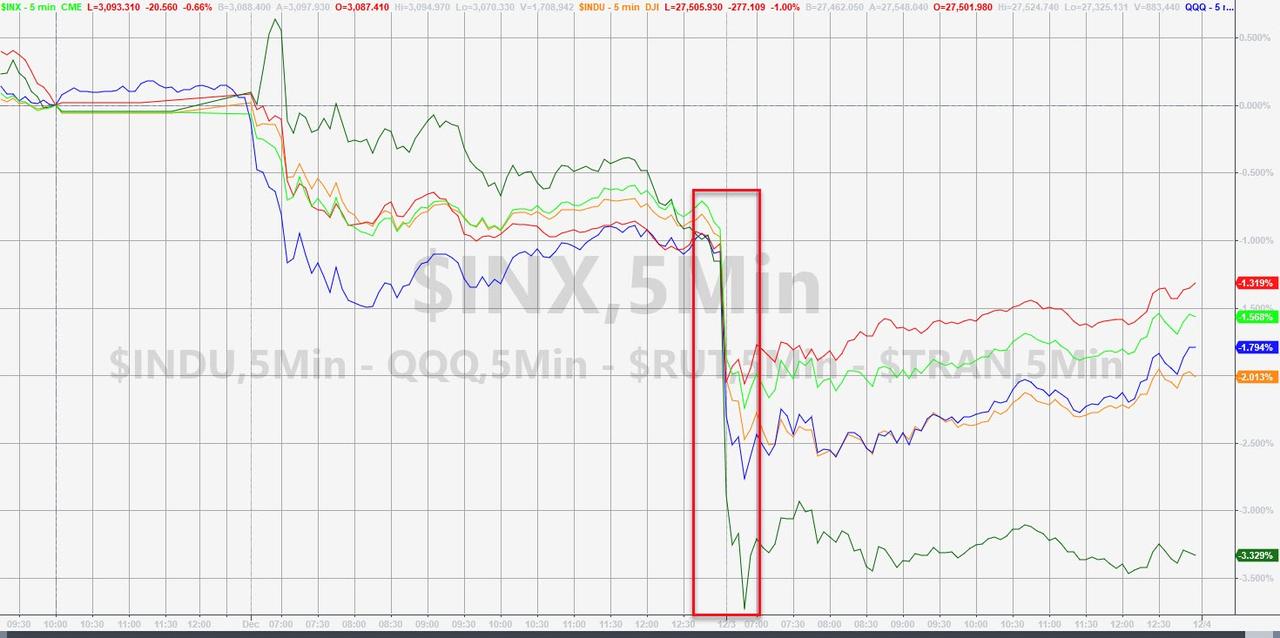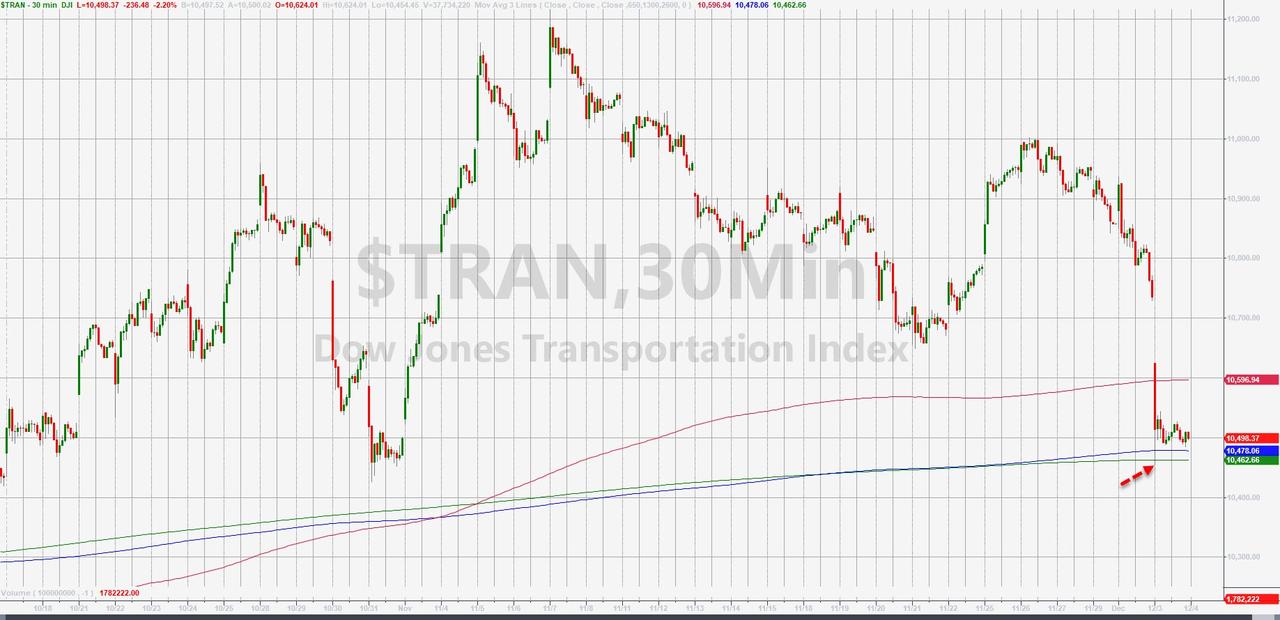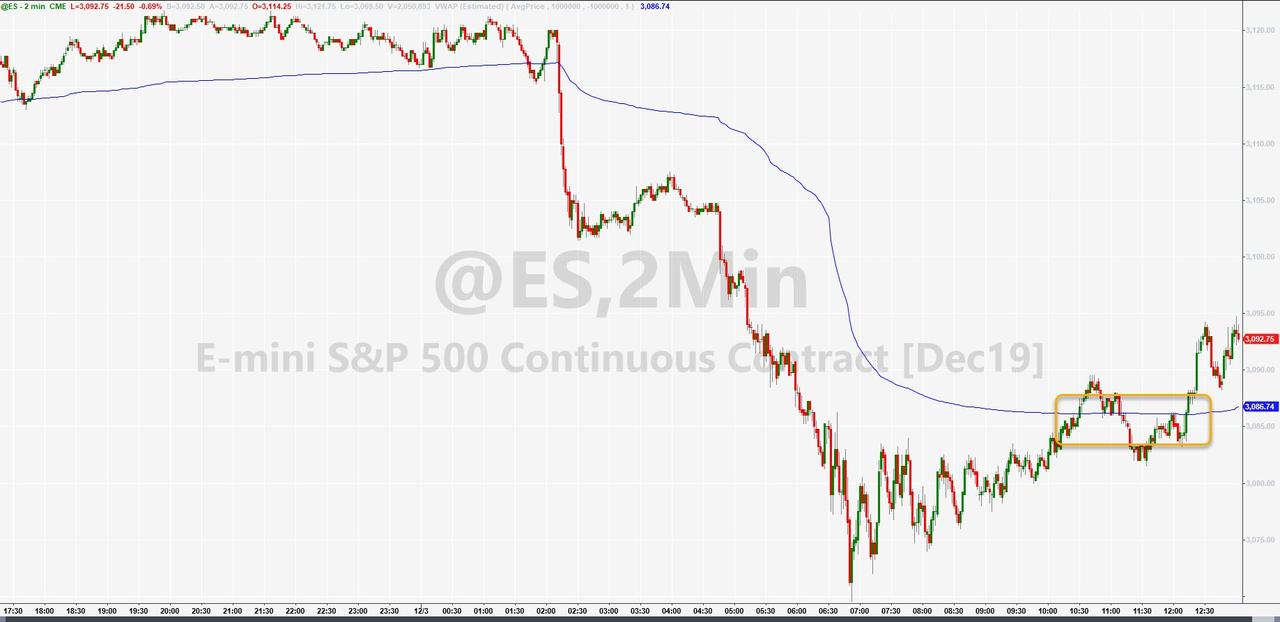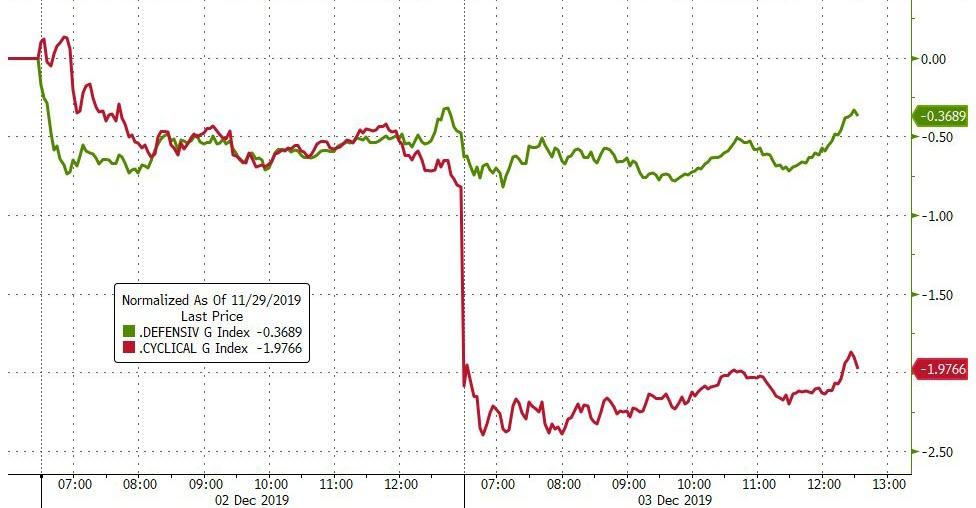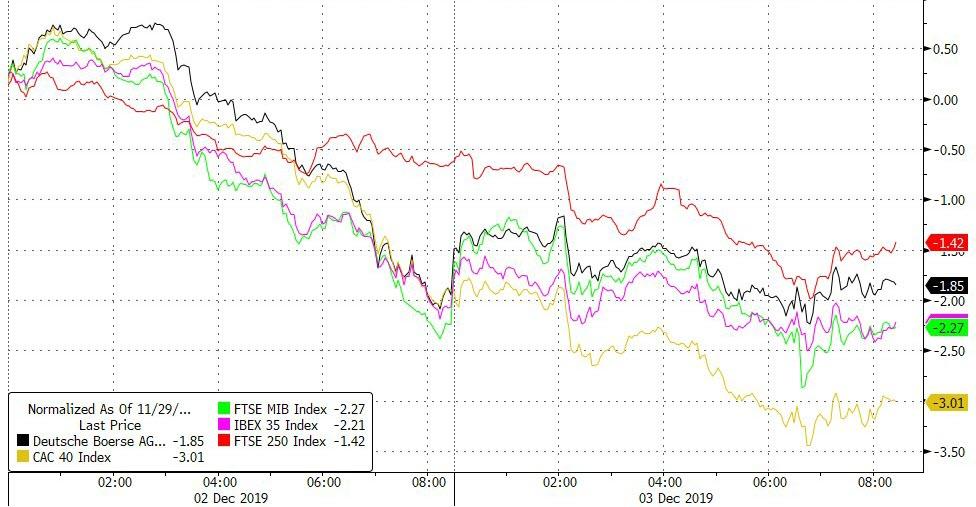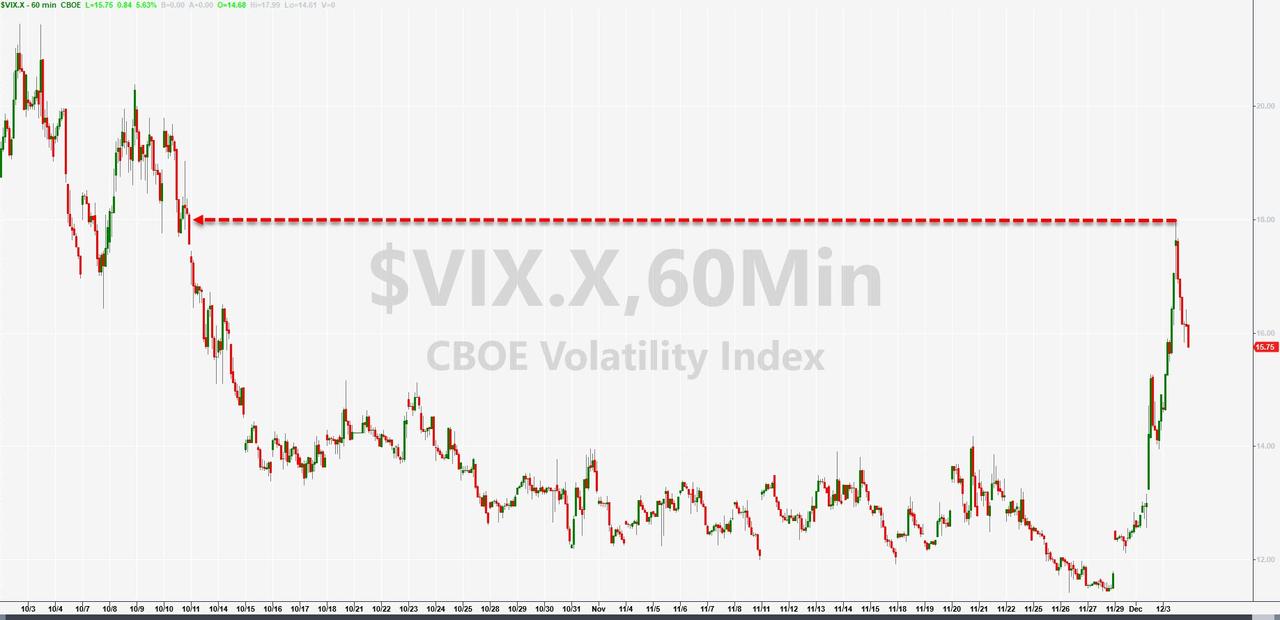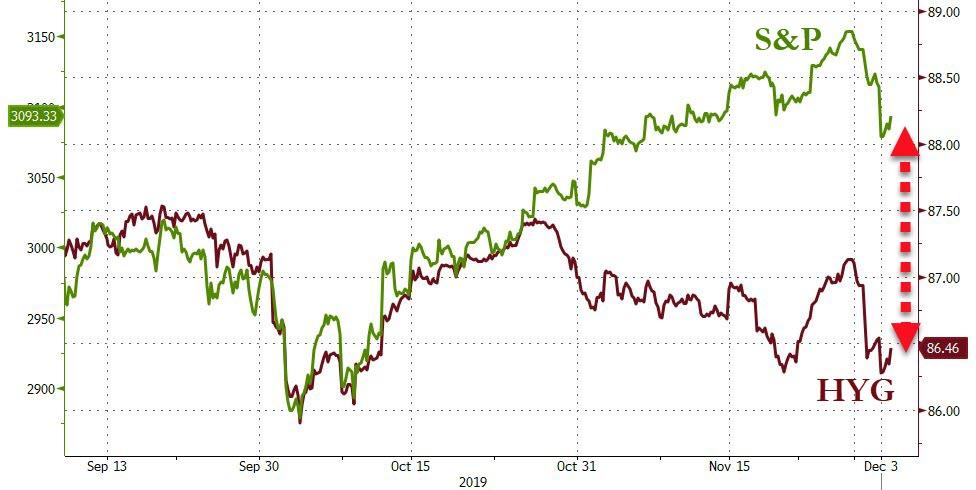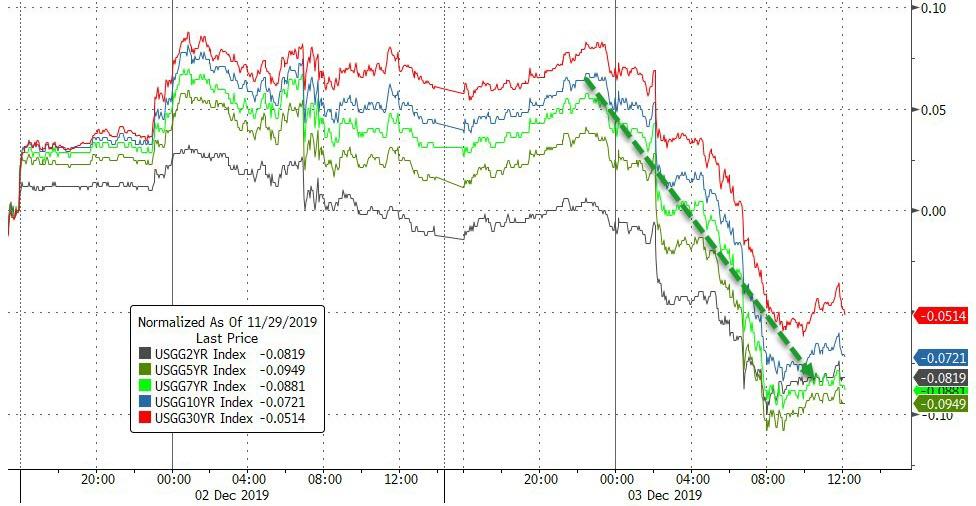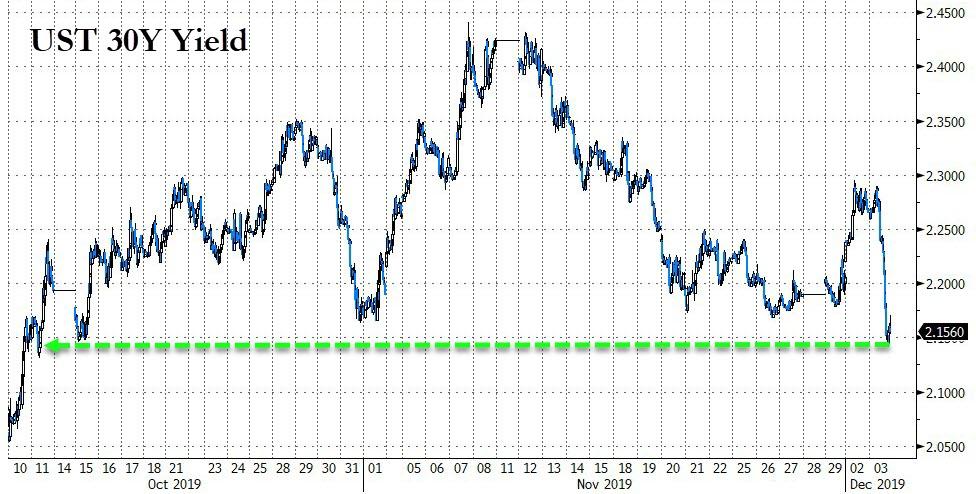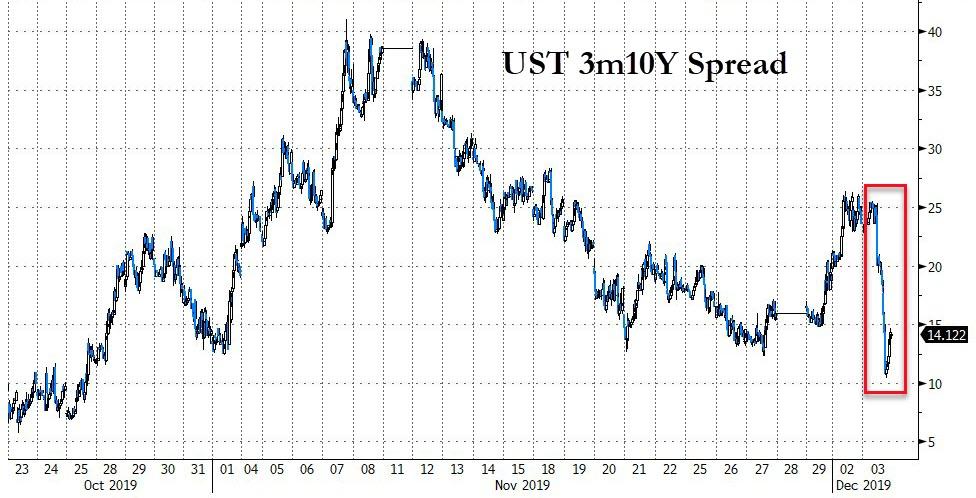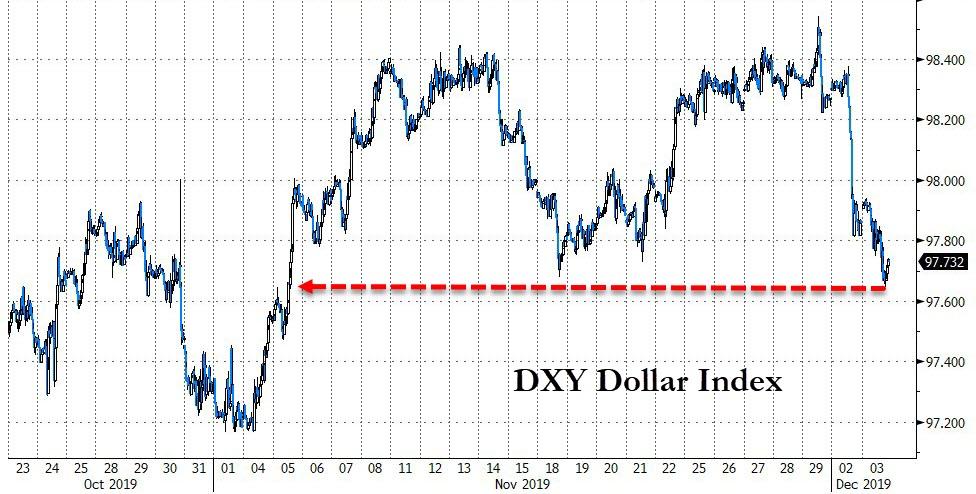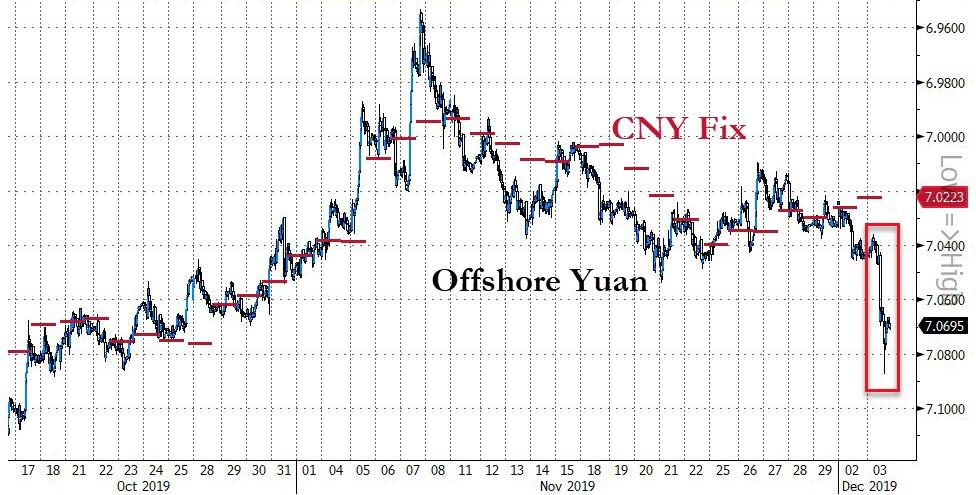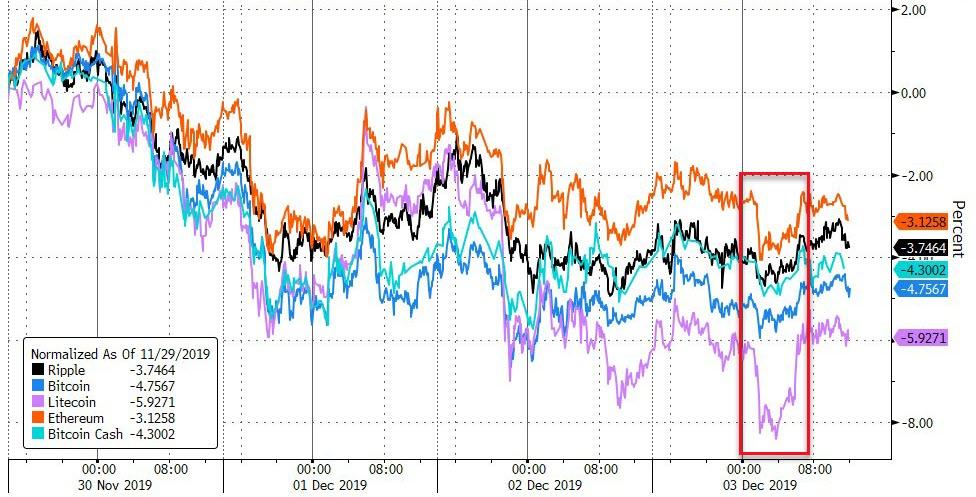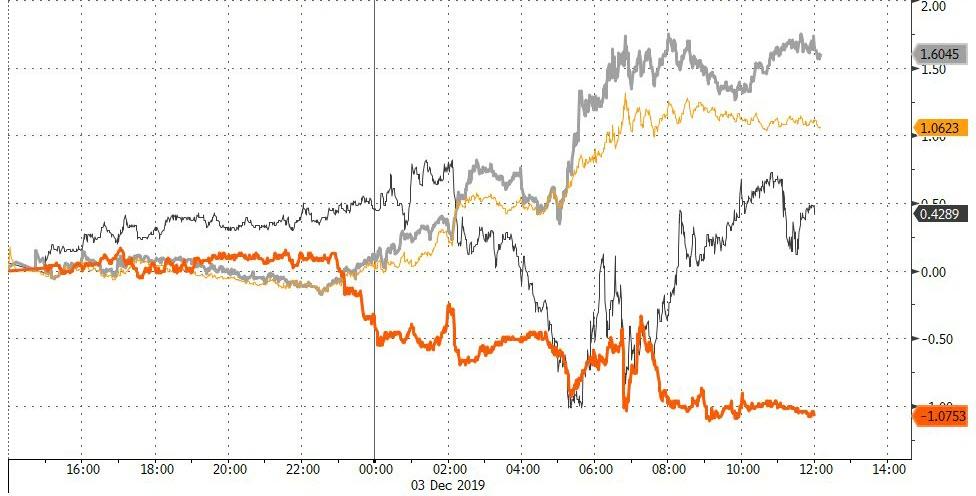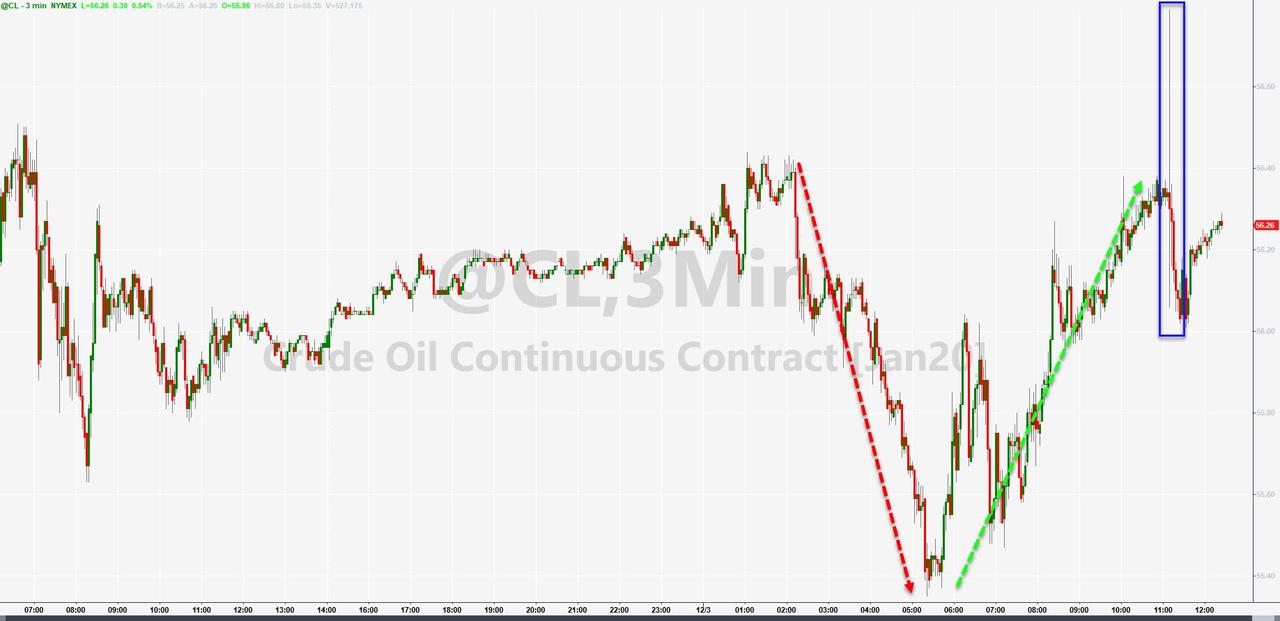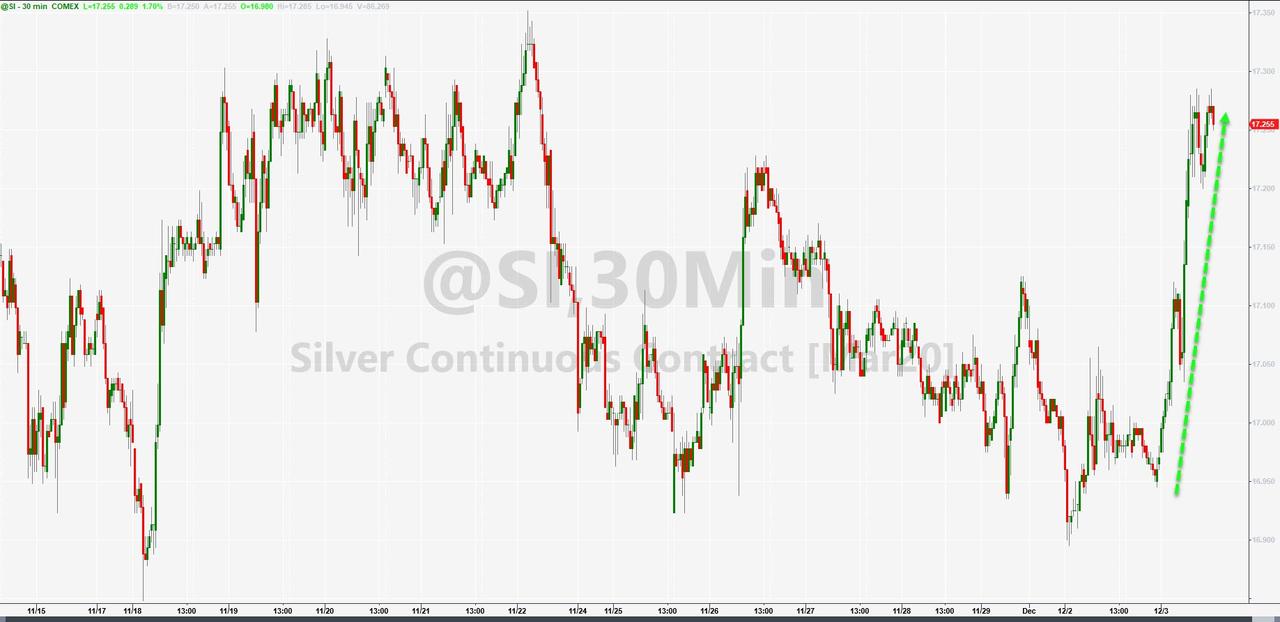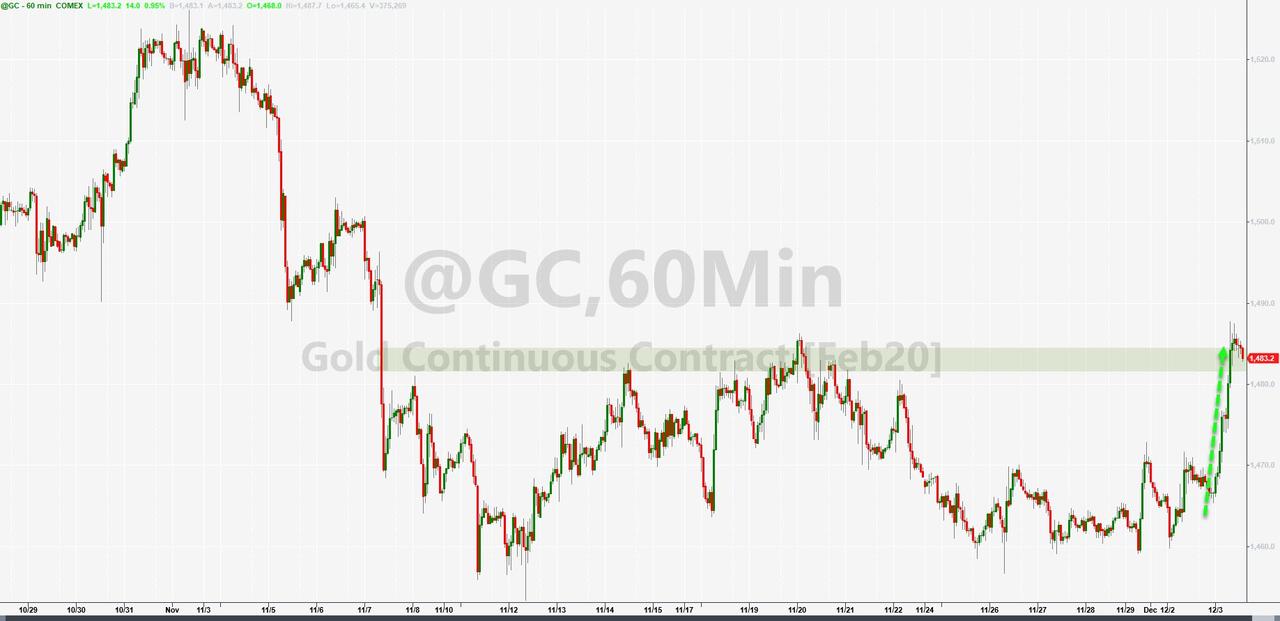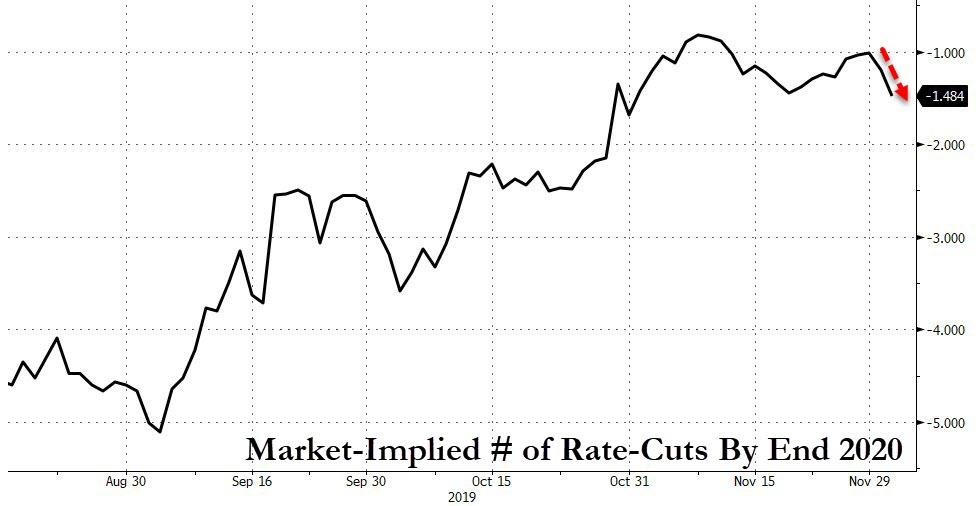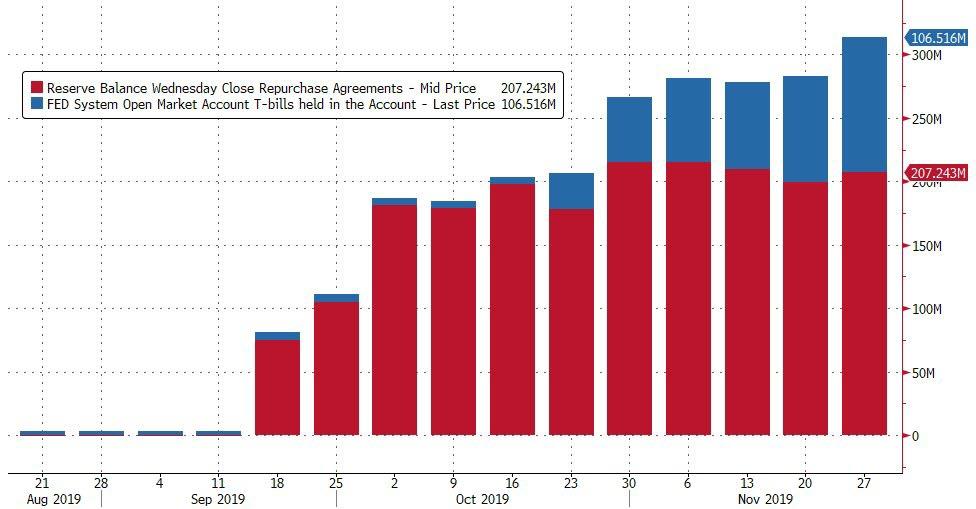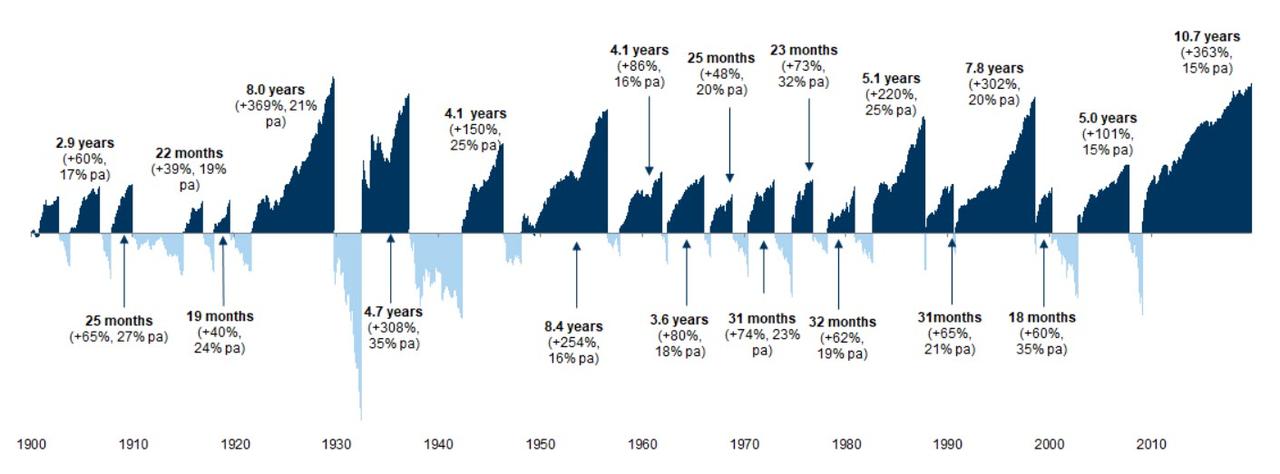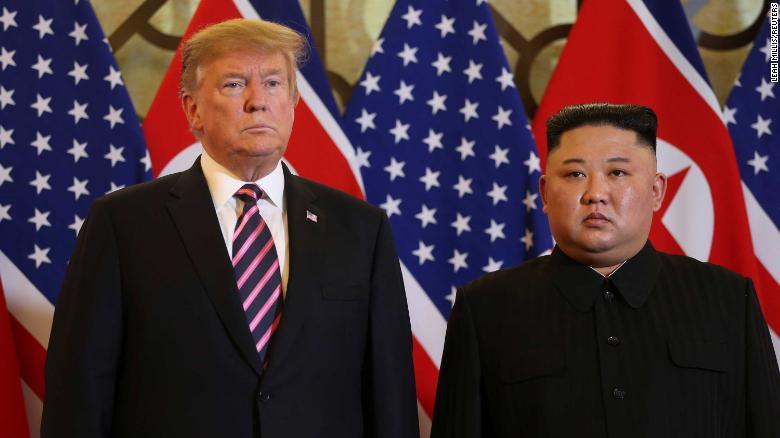A retired Army intelligence officer, a successful Kurdish-American businessman, a former Syrian diplomat, and an eccentric entrepreneur from New Jersey met in January over food and drinks to discuss a vexing problem: what to do with Syria’s oil.
U.S. troops were guarding the largest oil field in eastern Syria, and in February 2018 they had fought a bloody battle with Russian mercenaries to keep it. But under U.S. sanctions law, no American could invest in or trade Syrian oil, leaving the black gold either untapped or in the hands of smugglers. Mordechai “Moti” Kahana, an Israeli-American rental car tycoon turned philanthropic adventurer, had a plan: He could get a green light from the Trump administration to trade Syria’s oil for humanitarian aid.
Everyone involved disputes what happens next, but it is clear that Kahana took the people around him on a bizarre adventure. By the time it was over, it had led everywhere from a Kurdish president’s motorcade to a Syrian interrogation room.
In July, fragmentary details of the scheme leaked out to the Arabic press, fuelling anti-American conspiracy theories at a delicate time for U.S.–Kurdish relations. And in November, as President Donald Trump talked about taking Syria’s oil, Kahana tried to pitch his scheme again, threatening another public relations catastrophe.
“We are leaving soldiers [in Syria] to secure the oil. And we may have to fight for the oil,” Trump said on October 27. He added that he wants a deal for “an ExxonMobil or one of our great companies to go in there and do it properly.”
Kahana’s saga is now over, but the absurd American policies that led to it are still in place. While Washington deploys possibly hundreds of troops on an indefinite mission to protect Syrian oil, the long arm of the U.S. Treasury continues to slap down attempts to attract investors and buyers who could do something useful with it.
On November 25, fire rained down from the sky on three different towns in a Turkish-controlled part of Syria. The next morning, rescue workers recovered charred bodies from a handful of burned-out oil smuggling facilities. Syrian officials took credit for the airstrike, claiming that it was aimed at a smuggling operation led by “some Kurdish organizations.”
“Strict measures will be taken against any smuggling of stolen oil from Syrian territory outside Syria,” warned the state-run news agency.
America is risking blood—for no oil.
‘The Right to Explore and Develop Oil’
The bulk of Syria’s oil is buried under the Arab-majority province of Deir ez-Zor. ISIS once controlled this oil, smuggling it out to the tune of $1.5 million per day, according to Rear Admiral William D. Byrne Jr. Most of it was processed in dangerously primitive amateur refineries, according to a 2016 report by the Dutch charity PAX.
The Kurdish-led Syrian Democratic Forces (SDF) began to seize these oil fields in October 2017 as they moved to crush the remnants of ISIS. The SDF was aligned with the U.S. But the pipelines from Deir ez-Zor ran through territory controlled by Syrian dictator Bashar al-Assad.
Brett McGurk was former special presidential envoy in charge of the anti-ISIS coalition at the time. He says that former Secretary of State Rex Tillerson actually floated the idea of working with Assad’s Russian backers to sell the oil and put the revenues in escrow for future reconstruction. Russia wasn’t interested.
Indeed, the Russians tried to take the oil by force themselves in a four-hour battle that killed possibly hundreds of Russian private military contractors and Syrian militia fighters. No Americans were harmed in the battle.
So the SDF and the U.S. were left guarding the same hazardous backyard processing operations and small-scale smuggling networks as before. (Soon after the SDF entered Deir ez-Zor, residents of a border town under SDF control protested against the toxic fumes generated by oil smugglers.) A million and a half dollars per day may be a lot for a group like ISIS, but it’s a drop in the bucket for the international oil industry.
“If you look at how that oil market functioned back when ISIS controlled some of the oil fields and was selling it to Turkey and Iraq, it was all really small-scale stuff,” says Peter Harrell, an adjunct senior fellow at the Center for a New American Security. “The only way you make money is to develop and export the oil at scale.”
Companies from countries that recognized Assad as a legitimate leader couldn’t buy oil from the SDF. Harrell explains the dilemma for oil companies in China: “Your government still recognizes Assad. Is the government of Syria going to try to sue you and take title to this oil, because Assad never got paid for it?”
U.S. companies couldn’t do anything either, because an August 2011 executive order made it illegal to deal with or invest in Syrian oil without permission from the Office of Foreign Asset Control (OFAC) at the U.S. Treasury.
Harrell is skeptical that any large oil company would want to deal with the “insurmountable practical challenges” around Syrian oil fields. But the lengthy OFAC application process deterred them from even trying.
U.S. policy was left with an absurd contradiction. While the U.S. government was pursuing a policy of “maximum pressure” against Assad, smugglers continued to sell oil from SDF-controlled oil fields to the Assad regime, under the protection of U.S. forces.
Kahana, who had previously been involved in controversial “freelance” rescue missions to Syria, saw an opportunity.
He says “the Israelis” had asked him to get the SDF to stop selling oil to the Iranian-backed Assad government, so he came up with a plan to partner with private military contractors and send Syrian oil to the Palestinian Territories in exchange for humanitarian supplies.
Kahana sprang into action in December 2018, when Trump declared that “it’s time for our troops to come back home” from Syria. American officials soon walked back the president’s statement, leaving about a thousand U.S. troops in northeast Syria without a clear plan for the future.
Îlham Ahmed—executive president of the Syrian Democratic Council (SDC), the political wing of the SDF—was visiting the United States in the aftermath of Trump’s first withdrawal announcement, and Kahana somehow scored an audience with her to push his oil scheme. Both of them admit to meeting in January, but they tell different stories about what happened next.
Ahmed admits to hearing out Kahana’s ideas but denied approving any further relationship with him. According to WhatsApp messages provided by Kahana, they discussed meeting again, but they never agreed on a time and place.
Kahana, on the other hand, says he obtained an English-language letter directly from the SDC giving him “the right to explore and develop oil that is located in areas that we govern.” The letter, which Kahana showed to Reason, was signed (or appears to have been signed) on January 21 by Jihad Omar, listed as the SDC’s “puplic [sic] relations officer.”
“I did not sign any document. I don’t know this individual,” Omar subsequently said to Reason, speaking Arabic by phone from Syria. “My work is political work. It is not [economic] development work. I do not have authorization to do development work.”
Omar did not appear to speak any English.
“It’s true I do not know or spoke to [sic] Omar,” Kahana then admitted via WhatsApp, but he insists that the letter was directly from Syria.
Kahana also provided a letter he sent to OFAC on February 6, outlining a plan to truck Syrian oil into Iraqi Kurdistan and trade it for Israeli agricultural technology—with Jihad Omar and SDF leader Mazloum Abdi as his Syrian contacts.
“I amended my application yesterday,” Kahana wrote to Reason on November 21, forwarding another letter he had purportedly sent to OFAC. The letter, which does not mention Omar or Mazloum, was also dated February 6.
A spokesperson for the Treasury refused to confirm or deny that Kahana had made an OFAC application, citing the agency’s policy on trade secrets. Robert Seiden, Kahana’s attorney, confirmed that Kahana had filed an OFAC application. Seiden did not respond to follow-up questions.
“Filing was undertaken by major law firm which certainly would not file a false document,” Kahana wrote to Reason in a series of WhatsApp messages. “Again I will NOT LIE TO USA GOVERNMENT.”
‘All This Mess’
Whatever Kahana was told in January, he began to claim he had the SDF’s permission to sell Syrian oil—and to pitch an oil-trading scheme to various well-connected figures.
President Barack Obama’s sanctions order had carved out a “favorable licensing policy” for “petroleum or petroleum products of Syrian origin for the benefit of the National Coalition of Syrian Revolutionary and Opposition Forces or its supporters.” Or as Harrell summarizes the policy: “if you want to go in and buy some oil from the U.S.-backed opposition in Syria, and you’re willing to do due diligence…come in and have a conversation.”
Kahana knew plenty of opposition-connected Syrian-Americans, including former Syrian diplomat Bassam Barabandi, who had helped more than 100 dissidents escape the country before defecting to America himself in 2013. Barabandi then served as political advisor to the High Negotiations Committee that represents the National Coalition abroad.
Today, the National Coalition is a paper tiger. While the High Negotiations Committee grinds away in molasses-paced peace talks, the National Coalition’s armed wing has mostly been absorbed into a Turkish-backed rebel army fighting the SDF in northeast Syria. But under U.S. law, it is still the sole representative of the Syrian opposition, at least when it comes to oil sanctions.
“The Kurds were never really included under the umbrella of that statement of licensing policy, which is sort of a historical fluke,” Harrell explains. “That was set up very early in the civil war, before all the lines became clear.”
Kahana tried to bring together his Syrian opposition contacts with the Kurds and the SDF.
Barabandi, who has family connections to Deir ez-Zor, had given a former U.S. Army officer named Luke Calhoun a recommendation allowing him to get into eastern Syria for humanitarian work. (Both Barabandi and Calhoun confirm this, though Barabandi insists that it happened “long before all this mess.”) Calhoun introduced Kahana to Kurdish-American businessman Hoger Dizayee, as both Kahana and Dizayee confirm.
And then all four of them had a meal together: Kahana, Barabandi, Calhoun, and Dizayee.
“They told me that they have an agreement with the Syrian Democratic Council, that they gave them permission to market their oil,” Dizayee claims. “I told them that, OK, I’m interested, but before this, because it is a sensitive thing…I have to look at the legality side of it.”
“It was a dinner…attended by many people. They were discussing many different issues: historical, personal,” Barabandi says. “They just touched upon that [oil] issue. I didn’t follow up.”
Barabandi admits that he had sent Dizayee’s contact information to the SDC, hoping that an alternative buyer would provide a chance for the SDF to sell oil to someone other than Assad.
Kahana and Barabandi “were friends somehow,” says Dizayee. “I don’t know how they got associated together.”
Barabandi did not explain to Reason how he knew Kahana. Asked by text message, Kahana called Reason by phone to offer some “friendly advice.”
“Everyone trying to be the king. Everyone trying to sell the oil. Everyone trying to be the next prime minister. Everyone kvetching about someone else. My advice? Stay out of it,” he said. “Let me tell you about Bassam. I’m not going [unintelligible] into detail. There was an incident when the Israelis came to me [unintelligible] and tell me, ‘Why are you helping Mouaz Moustafa?’ You know who is Mouaz Moustafa?”
Mouaz Moustafa is executive director of the Syrian Emergency Task Force, which brought the late Sen. John McCain (R–Az.) to rebel-held parts of Syria in May 2013. Kahana claims to have funded Moustafa’s travels with McCain.
Kahana “was definitely in touch with Mouaz throughout the whole trip,” says Elizabeth O’Bagy, a former Syrian Emergency Task Force member who later joined McCain’s staff. “Mouaz kind of tolerated [Kahana] and was always very gracious, because [Kahana] was contributing money, which we can always use to help support refugees.”
“Moti played no role in the planning of the McCain trip to Syria,” Moustafa says. “He funded hotel rooms when he could, but not projects of” the Syrian Emergency Task Force.
Moustafa had worked with Barabandi in their pre-2013 effort to rescue Syrian dissidents.
At the same time that they were talking to Kahana about oil, Calhoun and Dizayee were in discussions with Ahed Al Hendi—a Syrian-American activist who had been imprisoned by the Assad regime—about working together on post-ISIS reconstruction projects.
Calhoun and Dizayee traveled to the Middle East on February 17 to meet Al Hendi. They were planning to enter northeast Syria through Iraqi Kurdistan. On February 24, Kahana asked Calhoun on WhatsApp for his ID in order to “make sure someone will be [expecting] you all.”
Calhoun sent back a photo of his passport, but added that Al Hendi was inviting him to join Ahmed’s presidential convoy: “if so we may be able to cancel the SDF escort.”
What happened after the group arrived in Syria is shrouded in mystery.
“I found from the officials there, from the SDC, that they [Barabandi and Kahana] are not welcome there,” Dizayee says cryptically.
According to Al Hendi and Calhoun, this is because the SDF detained and interrogated the group.
“[T]hey asked us to bar Moti from crossing the border from the [Iraqi] Kurdistan side,” Calhoun says, because Kahana “fabricated documents and was lying about the nature of his relationship with the SDC.”
“I met Moti in 2013,” Al Hendi says. “It took me [some time] until I knew that he is not a serious man.”
Kahana offered his own version of the story, claiming that Dizayee and Calhoun had needed Kahana’s contacts to get into Syria.
“They decided, fuck Moti, we can do it ourselves,” Kahana claims. “Ahed Al Hendi also wanted to do the oil. Maybe that’s why he’s trashing me.”
“We started our charity while we were [in Syria],” Calhoun says. “Although oil was definitely a component, the reason was that oil sales would generate roughly half a million dollars a day for reconstruction, filling the gaps that the international community weren’t filling.”
Dizayee and Al Hendi deny that their current reconstruction projects, which are funded by the United States Agency for International Development, involve oil.
“I got advice from my lawyer that before we start anything [with oil], we have to obtain an approval from the Treasury Department,” Dizayee says. “After [traveling to Syria] I stopped communication with [Kahana].”
Al Hendi claims that the SDC—which he has worked with since January 2018—rejected many legitimate businessmen’s proposals for the oil due to OFAC licensing problems, “especially when the mandate of the U.S. forces was to fight [ISIS], not to secure the oil.”
“The U.S should modify the [OFAC guidelines] on Syria and provide the SDC with exemption,” he adds.
‘A Very Troubled Region Full of Paranoid Actors’
Whatever the SDF had told Kahana in January and February, they were clearly tired of him by March.
Ahmed sent Kahana an image of the alleged letter from Omar via WhatsApp on March 1, along with a warning: “I ask that you stop using this document.”
“Good morning. I am confused. I obtained it a week ago. I don’t understand. Can I or can’t I buy the fuel? Sorry, I really don’t understand,” Kahana wrote back in Arabic.
Ahmed did not respond.
“Stop spreading [the letter] around….That’s how I took it,” Kahana says, explaining that he had shown the letter to potential investors. He also claims that he cannot read or write Arabic and was messaging Ahmed with the assistance of Google Translate.
In July, word of Kahana’s plan resurfaced in an unlikely place. Al-Akhbar, a Lebanese newspaper with anti-Israel views, published an alleged letter from Ahmed to Kahana, nearly identical to the one Kahana provided Reason.
Iranian state-run media jumped on the letter as proof that the “Washington-backed SDF” was conspiring with “enemies of Syria” to steal the country’s oil. At the time, SDC and SDF officials were concerned that the U.S. “maximum pressure” campaign could drag the Syrian Kurds into a war with Iran.
When the story broke, Kahana denied being involved in oil sales to Israel but took the opportunity to pitch Israeli media his plans for keeping the oil out of Iran and Assad’s hands.
Then, on October 8, Trump gave Turkish President Recep Tayyip Erdoğan the green light to send troops across the U.S.–controlled border of Syria and attack the SDF. The SDF turned to Assad for protection.
Facing domestic backlash, Trump decided to keep several hundred U.S. troops—along with a fresh new deployment of Bradley Fighting Vehicles—in the “oil region” of Syria. They would not stop Turkey, but they would keep the oil in U.S. hands.
Pentagon officials insisted to the media that the benefits from the oil would be “going to the SDF,” but they were short on details.
Kahana took the opportunity to pitch his scheme one last time. He showed his alleged letter from the SDC to the Los Angeles Times, which mentioned it in a November 4 story. Kahana then planned to hold a press conference in Israel on November 13 unveiling a partnership with the SDC.
“Due to the confusion that is being caused by Kahana’s rumor, the Syrian Democratic Council is committing effort to dispeling [sic] these false assertions,” Syrian Kurdish diplomat Sinam Mohamad wrote on November 11, adding that “there will be no relationship with Kahana in the future.”
The Jerusalem Press Club cancelled Kahana’s conference on November 12, citing the security situation in Israel.
“Just finished a meeting in ISRAEL few like the idea of cheaper oil for Gaza and west bank it will help their economy as I said win win and Iran and Assad lost ????,” Kahana wrote to Reason the next day.
“I understand [the SDC decided] to partner with Assad Iran and Russia,” Kahana said in a WhatsApp message a few days later, insisting that his relationship with the SDC was over. “Your dreams come crushing [sic] down when you tow the wrong path.”
“His allegations harmed the Kurds and SDC. Pro-Iran media portrayed the allegation as a real Israeli-Kurdish plot,” Al Hendi says. “The Kurds and SDC live in a very troubled region full of paranoid actors. Erdoğan, Assad, and even Putin take [the rumors about Kahana] seriously.”
Kahana himself acknowledges that “it’s not helping to show that [Ahmed] is talking to an Israeli” while the SDC negotiates with Assad and Russia.
For now, the feud between the SDC and Kahana appears to be over. But the Trump administration continues its own bizarre crusade for Syrian oil. American troops are risking their lives to keep Assad and Russia away from the oil fields, as the fighting between Turkey and the SDF rages on around them.
McGurk calls it a “Fort Apache scenario.” Syrian Kurdish officials insist that the deployment is unhelpful. And no one seems to know where the oil will go—only that the U.S. controls it.
“The oil is secure,” Trump said during a November 13 meeting with Erdoğan. “We left troops behind only for the oil.”
from Latest – Reason.com https://ift.tt/2rNuP2H
via IFTTT

